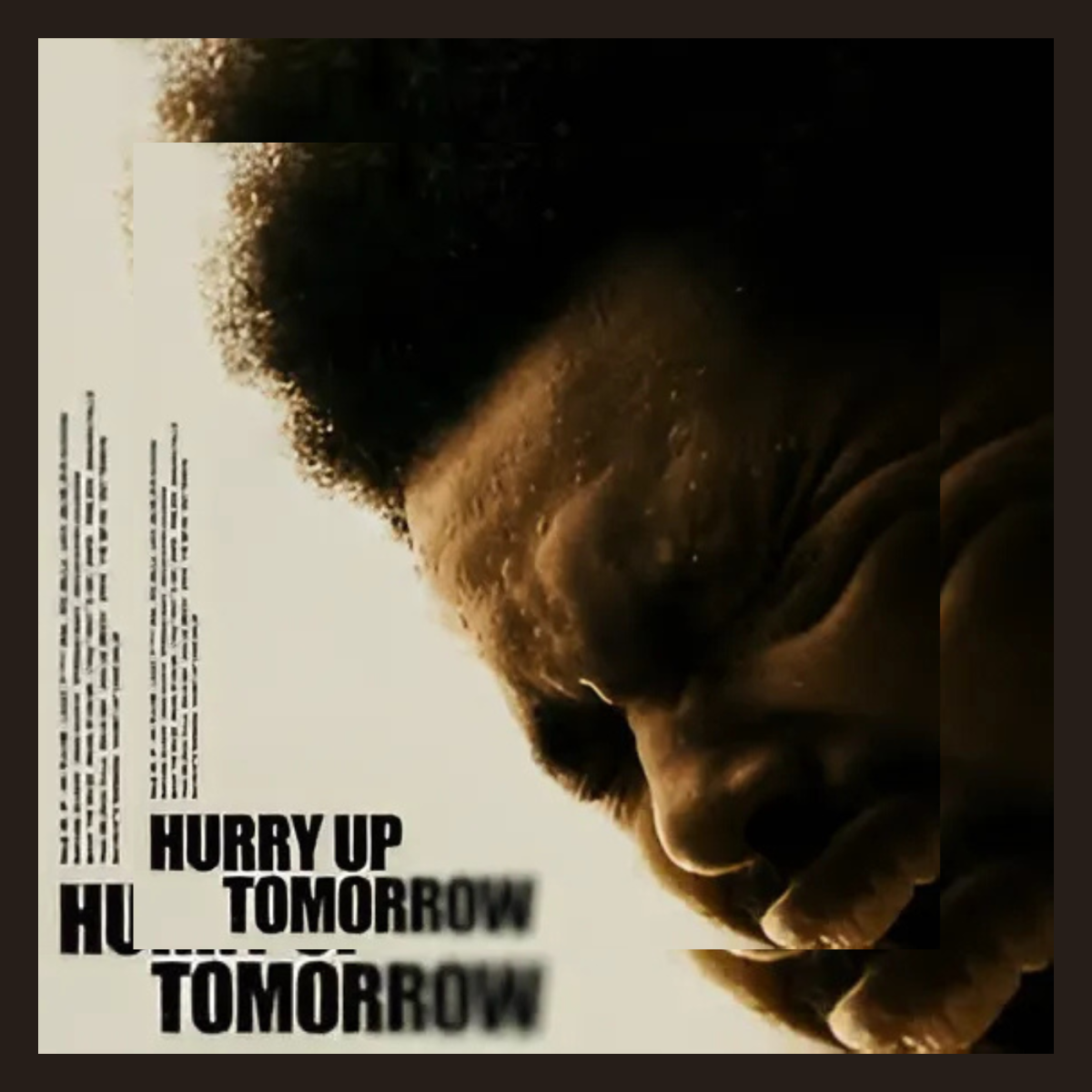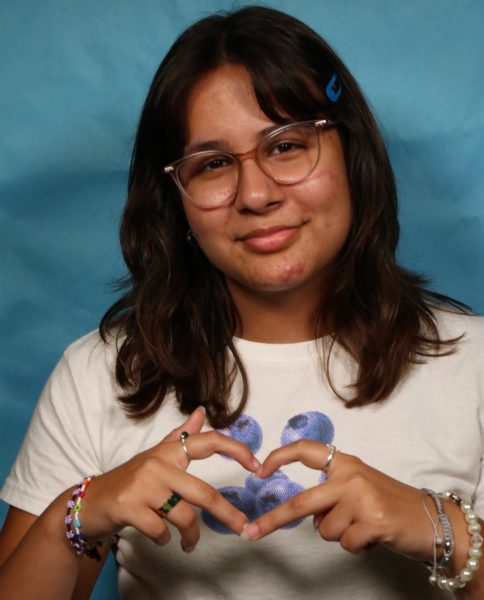Not everything is black and white.
As much as I believe that race shouldn’t matter, it does. It’s a prevalent topic that dominates many discussions (even when it really shouldn’t). Since it’s all around us, let’s talk about it.
My mother is white and my father is Indian. (Indian American as in South Asian, not American Indian as in Native American; I know the terms are only slightly different. Thank you, Christopher Columbus.)
I see a lot about diversity and inclusion. “Everyone matters, everyone should be included. Everyone should be celebrated.” Yet that person is rarely Indian, which is kind of invalidating.
Diversity, by definition, should include everybody (even those I’m not mentioning, since I’m just focusing on my own experience). If we’re going to be diverse, let’s be diverse.
Whether it’s in a book, television show, or movie, I don’t look like any of the main characters. Our society has done a better job of being more diverse and inclusive with a few main groups, but it’s still lacking. I want to see more from other, less popularized, cultural groups.
I’m not saying diversity casting is the way to go, but think about Disney. Think about how little girls feel when they see a princess that looks like them, like in “Encanto” or “Mulan”. That could even apply to Merida’s red hair in “Brave”. I would like to read a book where a main character is Indian. Their personality and character doesn’t need to be (and shouldn’t) solely be about their race either: I just want my race to be a normal thing, and I want to see characters that I can identify with in that way.
Especially since we’re in the middle of Kansas, a person might not see very much diversity in their everyday life, and that’s not their fault. Even just seeing a group represented on television or in a book can change their perception and familiarity.
It seems people don’t know much about Indian culture, and the stereotypes are kind of wild. Even when Indians are seen in entertainment, they’re often overplayed with stereotypical accents and professions. I’ve been asked if my dad worshiped elephants, or if he worked in a call center. People mockingly use Indian accents to me as well, as if this is less racist because the group is less of a hot topic. It’s tiring to explain myself to people.
While it might not matter in the grand scheme of things, it would feel good to be considered; even in just the little ways.
One of those ways could be having my race as an option when I fill out my ethnicity on a form. It’s minimizing that “Indian” isn’t even an option.
There are roughly 5 million Indians in the U.S. alone (varying by the source — it’s hard to get accurate data when a group is not an option on most data forms), and over 1 billion in the entire world. (For context, there are also roughly 1 billion Chinese people.) There are over 21,000 Indians in Kansas. I know keeping the number of ethnicity options on forms slim is most convenient, but I think this is enough to constitute “Indian” or “South Asian” (which has an even larger population) having its own box.
It’s not really about the box, though. It’s about the overall lack of consideration that it represents. I’m not an “other” (for the forms that make me choose just one). “Asian” is also just too broad of a term – East Asian and South Asian are too different, both culturally and by physical appearance. Although it’s incorrect, the Western stereotype seems to be that Asians look like East Asians, not like South Asians with brown skin.
Being mixed adds another layer of complexity to this. It’s hard to describe where I fit into everything racially and culturally, because I don’t exactly, especially as the child of a Malaysian immigrant, which is something less common in Salina, Kansas.
I’m talking about how I need to be represented, but what am I?
I’m brown, but it’s like I’m not brown enough to talk about it or feel like I have a valid opinion on racial issues. I’m white, but not white enough.
Having parents who don’t share a culture is different as well. I don’t quite know which to identify with; neither is fully mine. Culture can affect small things and opinions you might not even think of that come up in everyday life in a family. While I have been to Malaysia to visit extended family, it’s not very often, so I feel disconnected. I don’t want to lose my father’s culture, but I don’t have that cultural community here in Kansas. The community I have here has a blend of many different cultures, as I have taken the people from my church as family with most of mine being overseas.
Difference doesn’t have to be a bad thing, and we don’t have to put everything into a box. That doesn’t mean we should just ignore it, though.
Identity is very complex. My family background is too complicated to properly explain, but a quick summary would be that my dad, growing up as an Indian in Malaysia, was a minority there. Then he immigrated here, adding Western culture to the mix. As Christians, we don’t identify with large parts of Indian culture that are based on Hinduism as well.
I talked to my brother about this, as he’s the only other person I know with the exact same ethnic identity as me: both Indian and mixed. He said that all of this makes an easy question hard, and that it’s like we don’t apply. That it makes him frustrated. People are always asking what race we are, because it’s not immediately apparent. Often they guess that we are Hispanic.
Overgeneralizing groups doesn’t help anyone. Lumping them together can even skew data. Anyone who has taken sociology class like I am right now knows how often racial statistics are applied to research; they measure things like graduation rates, crime rates, socioeconomic inequality, and really anything.
I’m tired of not seeing myself in any of the data. I’m tired of not seeing myself in racial discussions. I’m tired of not seeing myself in movies, television shows, or books.
It’s just ridiculous.












